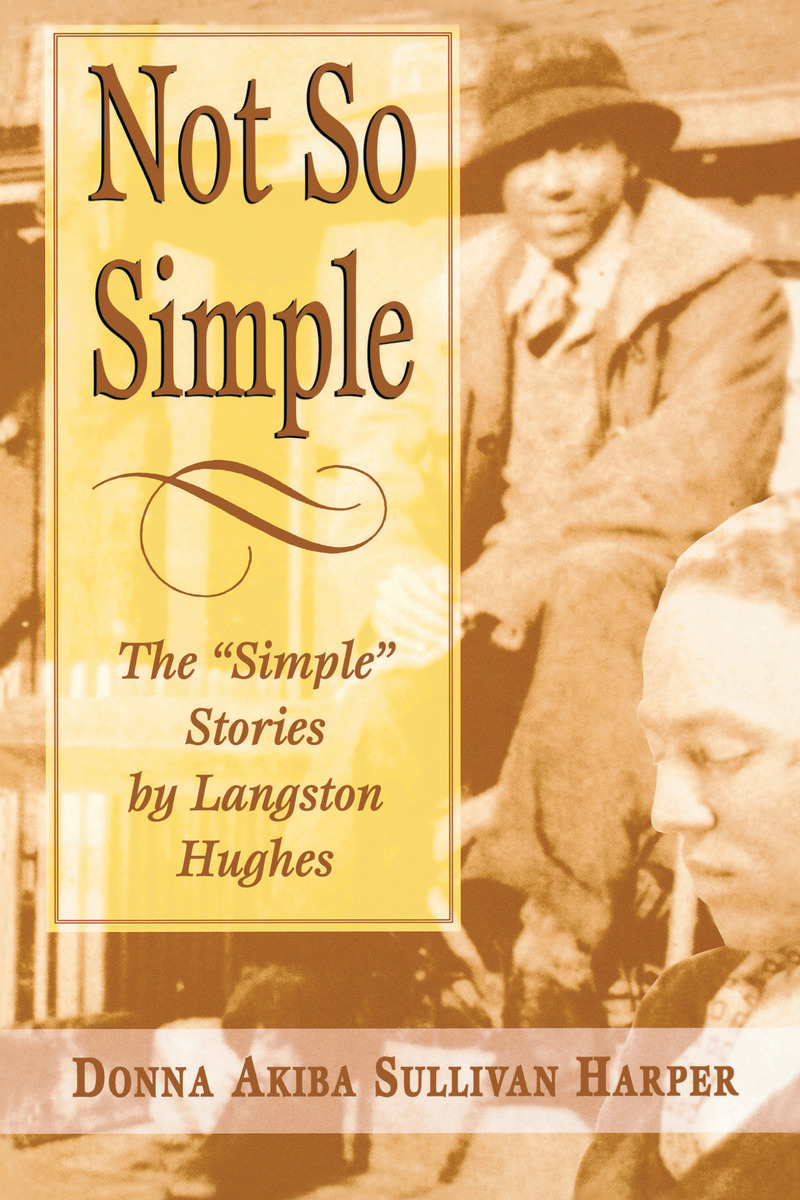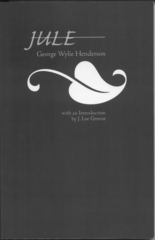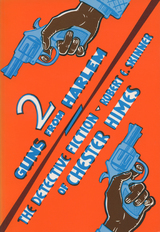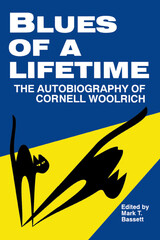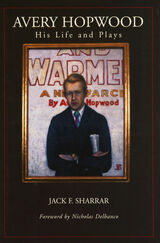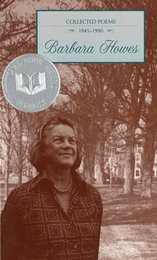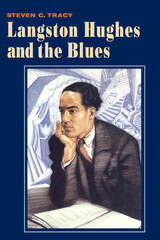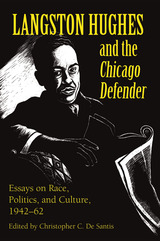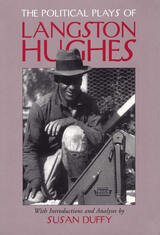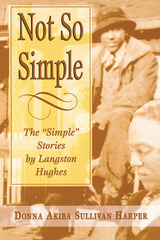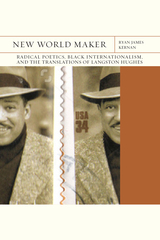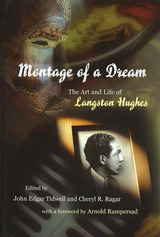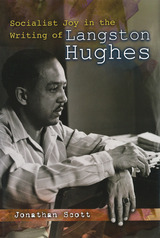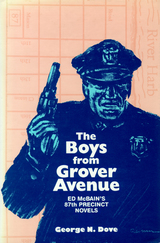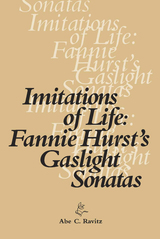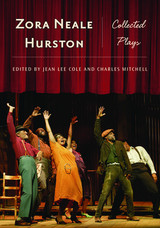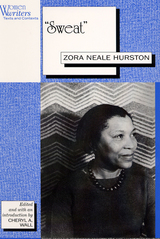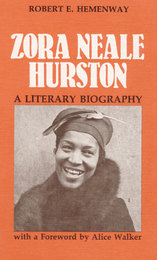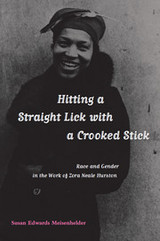Cloth: 978-0-8262-0980-1 | Paper: 978-0-8262-1088-3 | eISBN: 978-0-8262-6068-0
Library of Congress Classification PS3515.U274Z645 1995
Dewey Decimal Classification 813.52
The "Simple" stories, Langston Hughes's satirical pieces featuring Harlem's Jesse B. Semple, have been lauded as Hughes's greatest contribution to American fiction. In Not So Simple, Donna Akiba Sullivan Harper provides the first full historical analysis of the Simple stories.
Harper traces the evolution and development of Simple from his 1943 appearance in Hughes's weekly Chicago Defender column through his 1965 farewell in the New York Post. Drawing on correspondence and manuscripts of the stories, Harper explores the development of the Simple collections, from Simple Speaks His Mind (1950) to Simple's Uncle Sam (1965), providing fresh and provocative perspectives on both Hughes and the characters who populate his stories.
Harper discusses the nature of Simple, Harlem's "everyman", and the way in which Hughes used his character both to teach fellow Harlem residents about their connection to world events and to give black literature a hero whose "day-after-day heroism" would exemplify greatness. She explores the psychological, sociological, and literary meanings behind the Simple stories, and suggests ways in which the stories illustrate lessons of American history and political science. She also examines the roles played by women in these humorously ironic fictions. Ultimately, Hughes's attitudes as an author are measured against the views of other prominent African American writers.
Demonstrating the richness and complexity of this Langston Hughes character and the Harlem he inhabited. Not So Simple makes an important contribution to the study of American literature.
See other books on: 1902-1967 | African American men in literature | African Americans in literature | Characters | Hughes, Langston
See other titles from University of Missouri Press
